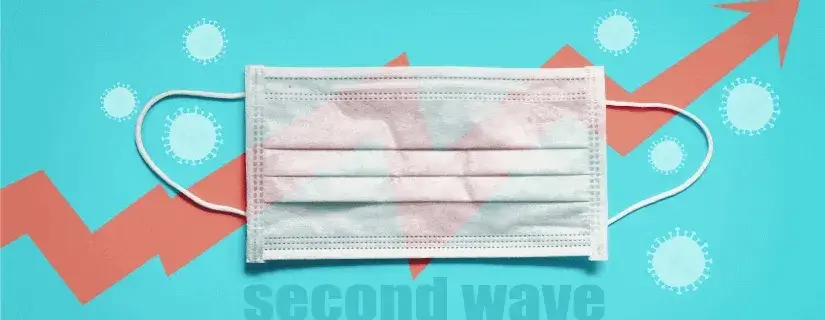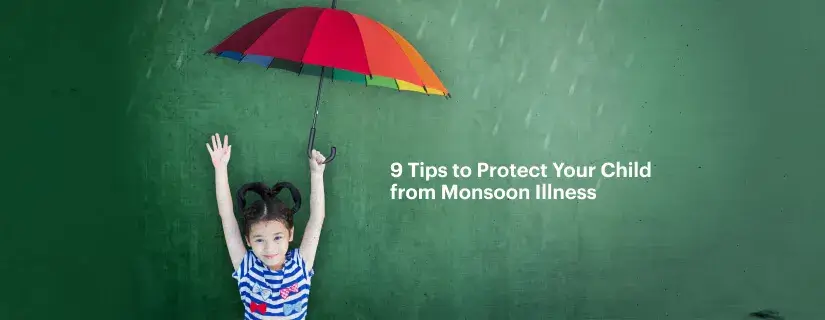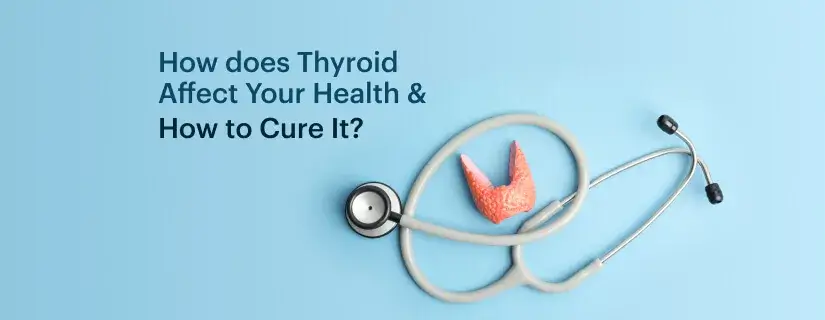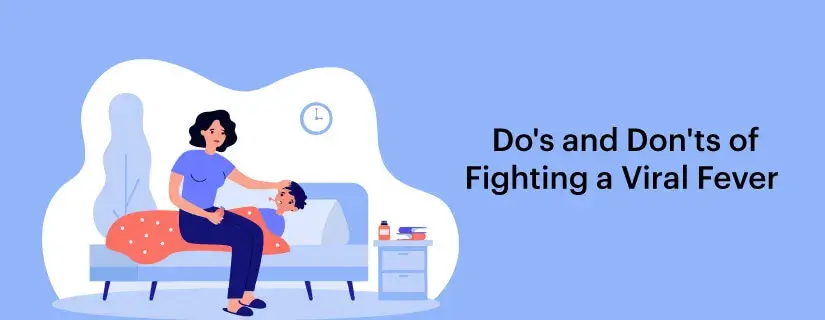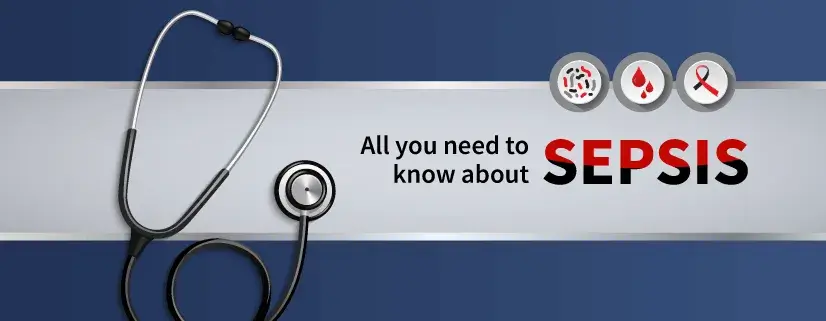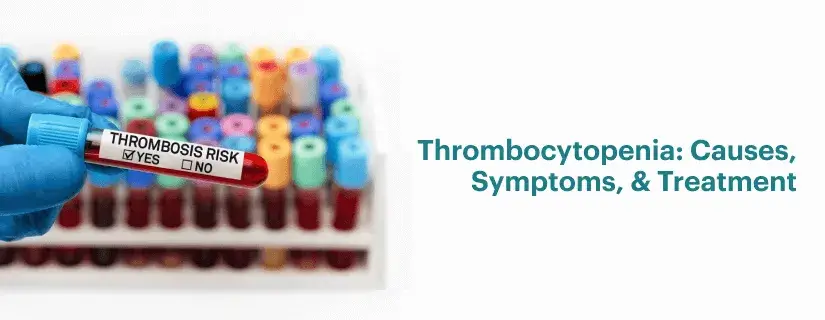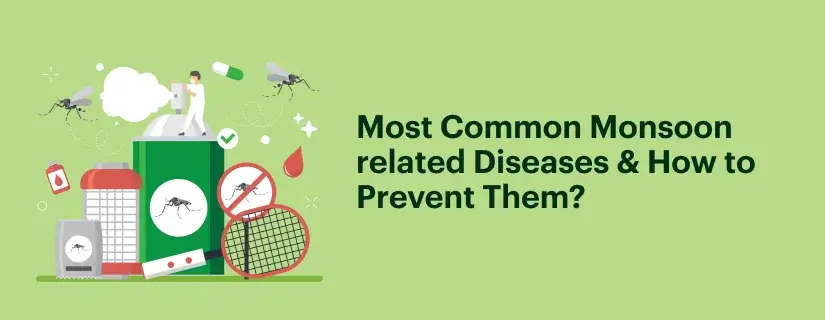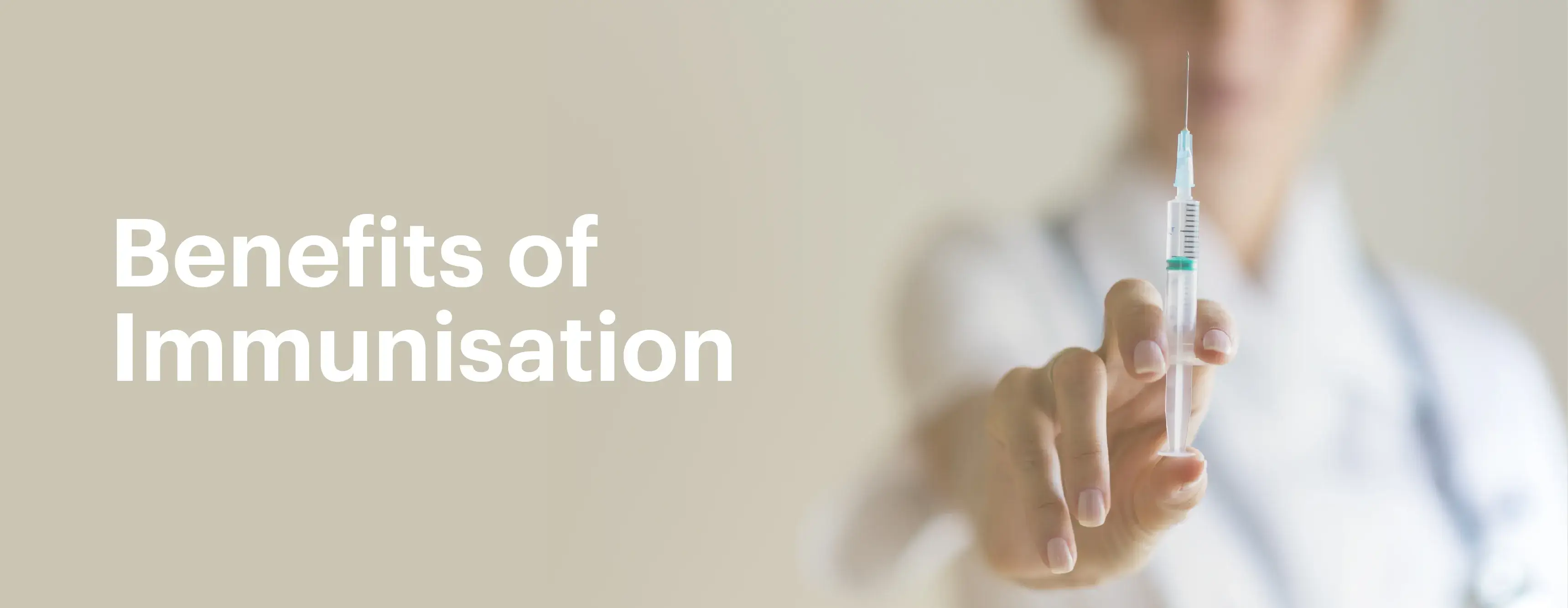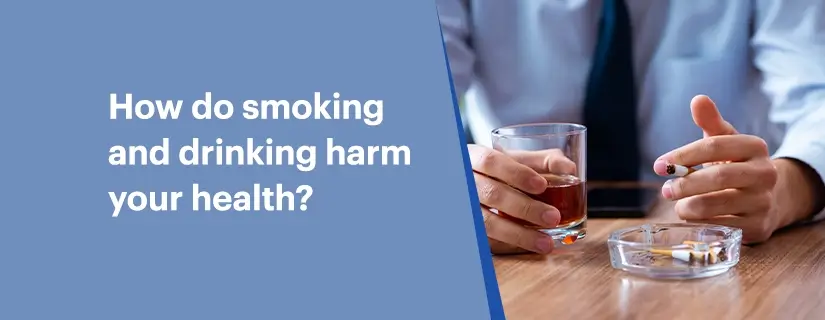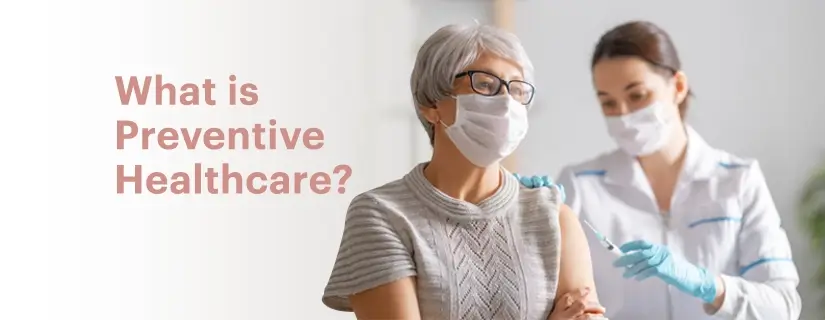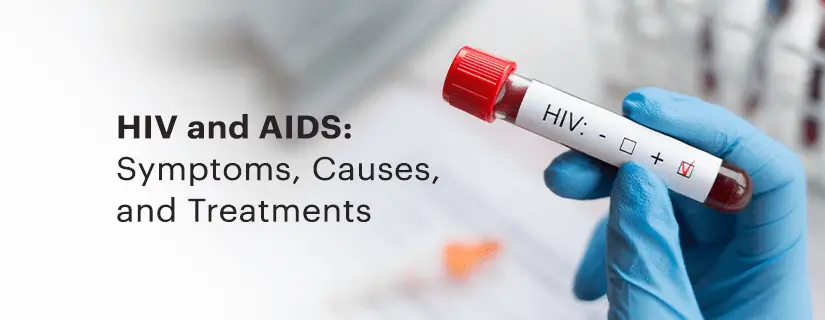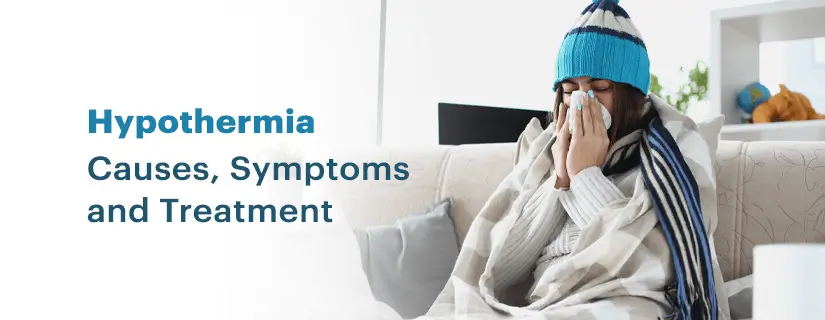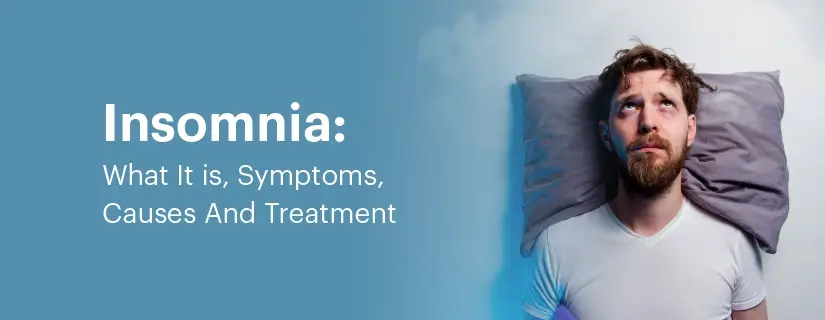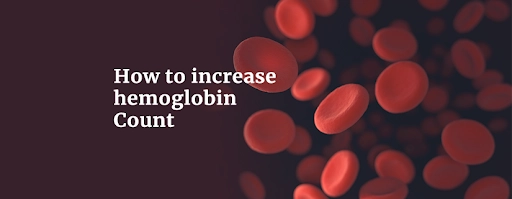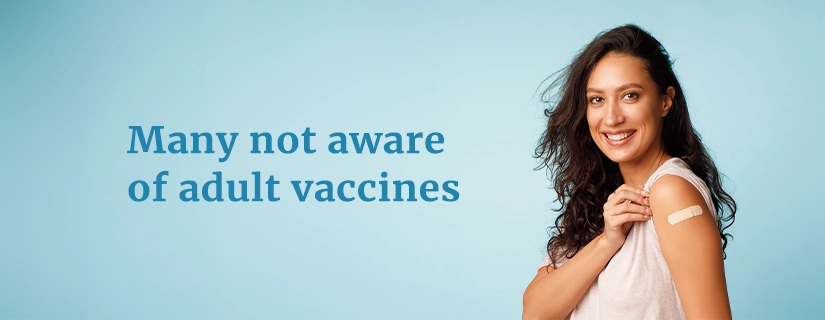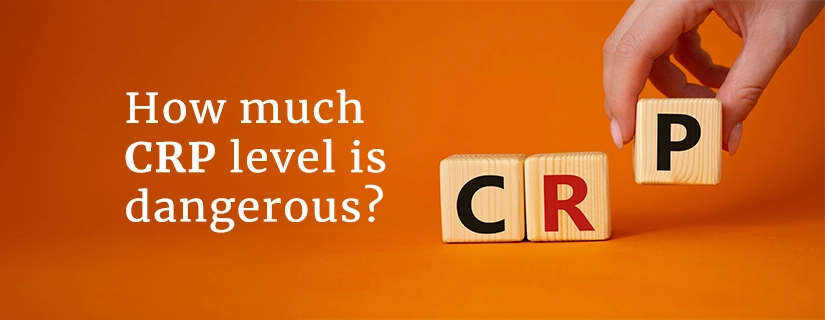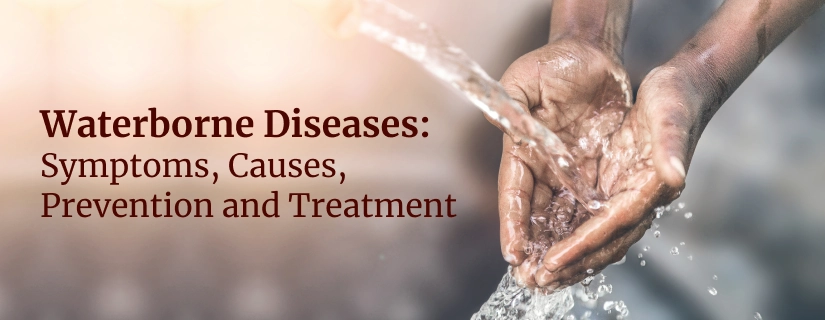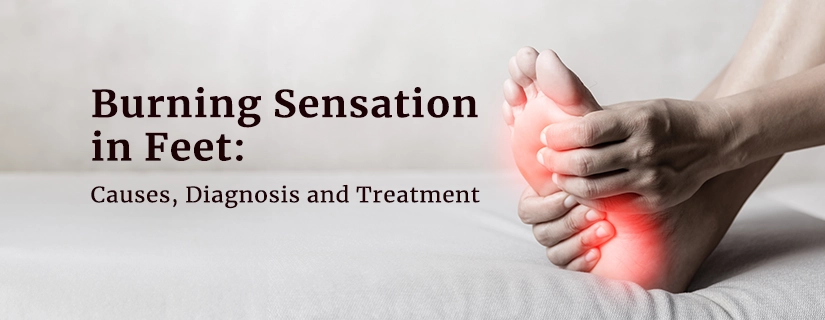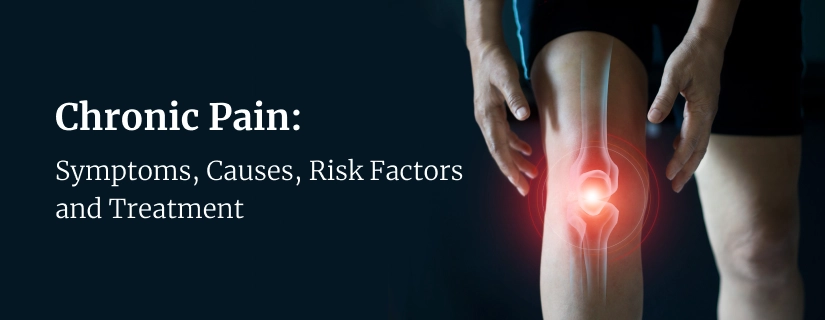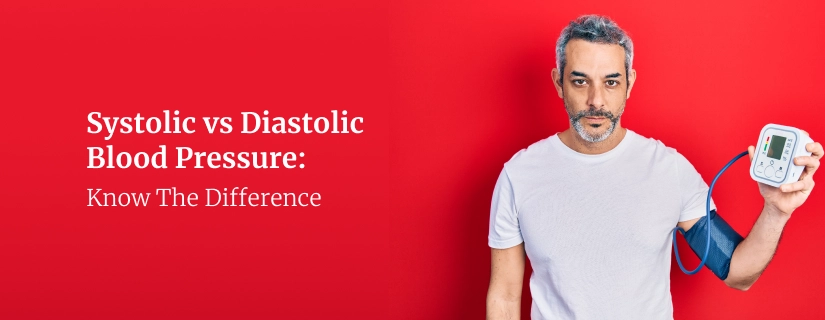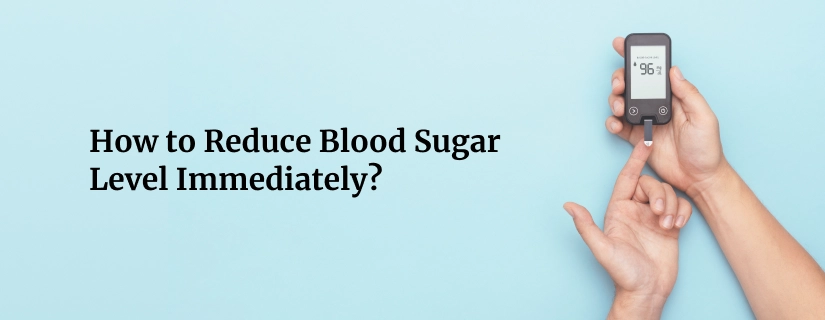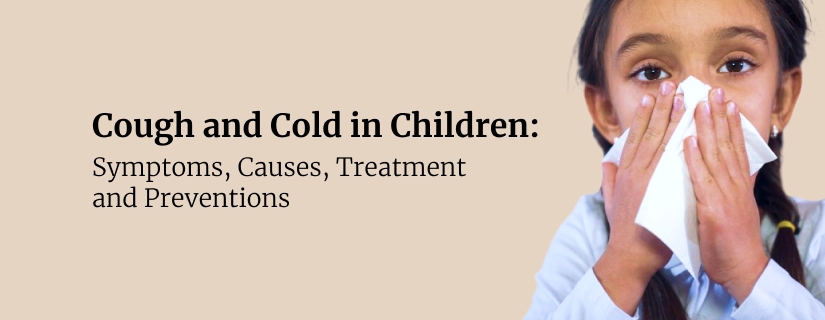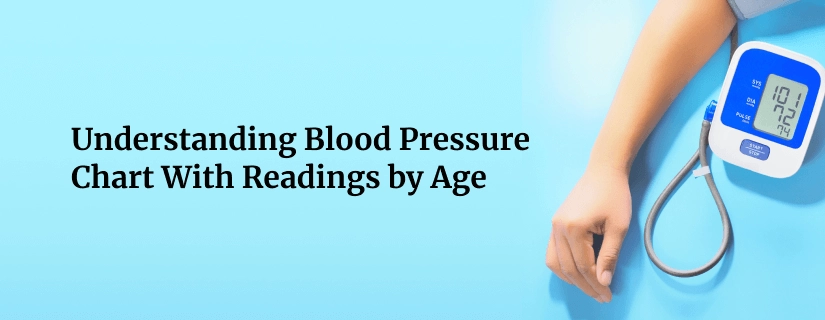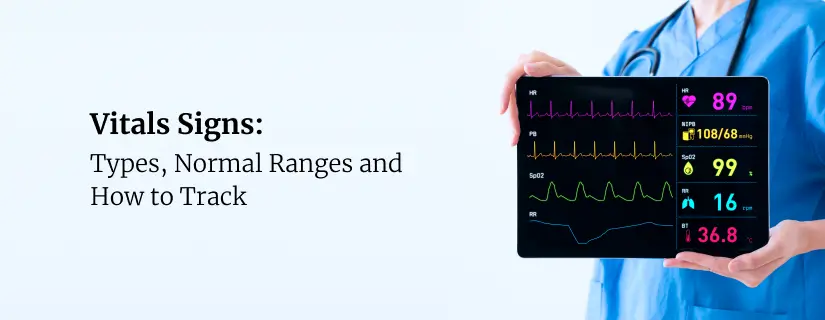-
Doctors
-
Specialities & Treatments
Centre of Excellence
Specialties
Treatments and Procedures
Hospitals & Directions HyderabadCARE Hospitals, Banjara Hills CARE Outpatient Centre, Banjara Hills CARE Hospitals, HITEC City CARE Hospitals, Nampally Gurunanak CARE Hospitals, Musheerabad CARE Hospitals Outpatient Centre, HITEC City CARE Hospitals, Malakpet
HyderabadCARE Hospitals, Banjara Hills CARE Outpatient Centre, Banjara Hills CARE Hospitals, HITEC City CARE Hospitals, Nampally Gurunanak CARE Hospitals, Musheerabad CARE Hospitals Outpatient Centre, HITEC City CARE Hospitals, Malakpet Raipur
Raipur
 Bhubaneswar
Bhubaneswar Visakhapatnam
Visakhapatnam
 Nagpur
Nagpur
 Indore
Indore
 Chh. Sambhajinagar
Chh. SambhajinagarClinics & Medical Centers
Book an AppointmentContact Us
Online Lab Reports
Book an Appointment
Consult Super-Specialist Doctors at CARE Hospitals
Malaria: How parents can ensure their children’s safety from mosquitoes
Updated on 12 January 2022

Table of Content
Malaria kills over 600,000 people per year, the majority of whom are children under the age of five, according to the WHO. In 2016, on a daily basis, malaria claimed the lives of 800 children under the age of five. Because the immune system has not fully developed yet, this age group is not ready to fight or deal with the virus. It is better to take precautions for the prevention and cure of malaria. This implies that even if the disease isn't fatal, small children and school-aged children become infected, and they usually require a long time to fully recover, resulting in absenteeism from school, physical weakness, and the stress of catching up with their classmates in academics and overall development.
Affects
With increased accessibility to medical care, India has gained some control over the mortality rates from mosquito-borne diseases. However, the effects of mosquito-borne diseases in young children can still be significant, mainly because they are at a delicate stage of life. India has acquired some control over the fatality rates from mosquito-borne diseases thanks to increasing access to medical care and advanced facilities in the malaria hospital in Hyderabad. However, Mosquito-borne infections can have serious consequences on young children, owing to their vulnerable age. The dangers of mosquito bites and the consequent diseases include:
- Overall Development Impaired
Malaria, one of the most frequent mosquito-borne infections in children, has been shown in certain studies to affect cognitive development, particularly speech and language development. Even after recovering from severe forms of malaria, cognitive growth can be significantly hampered. In fact, even mild malaria bouts might have an impact on development. Malaria and dengue fever can have an impact on a child's physical growth and nutritional status. Even after recovery, some of the disease's effects can be felt. One of the most prevalent side effects of dengue infection is joint discomfort. According to experts, the severity of the condition is directly proportional to the extent of developmental impairment. This emphasises the importance of disease prevention and early intervention in order to avoid long-term consequences.
- Academia and School Absenteeism
According to studies, malaria is the most common reason for children skipping school, As Malaria strikes two to three times a year on average in areas prone to the disease. Despite recovering from malaria and dengue fever, students' academic performance has been significantly hampered. These illnesses can have a negative impact on a child's language, speaking, and numeracy skills.
Prevention and Control Measures of Malaria
Here are some control measures for malaria:
- Dress Your Child in Clothes with Maximum Coverage: Wearing full-length and full-sleeved clothing gives enough skin coverage and exposes the least amount of skin to mosquito bites. If you want to avoid mosquito bites, wear light-coloured clothing. Clothing made of knits and cotton allows your child's skin to breathe. Longer pants, long-sleeved blouses, socks, closed shoes, and other outdoor clothing are good. You can even request to your child's school that temporary exemptions from uniform rules be granted to guarantee your child's safety.
- Pick The Right Repellent: Repellents come in a variety of forms now, including creams, liquid vaporizers, roll-ons, patches, and sprays. Select the best option based on your child's preferences. Keep two types of repellents on hand, one for indoors and the other for outside. Mosquito repellents that function for roughly 12 hours after application are a great choice for optimal protection. Mosquito repellent should be used both indoors and outdoors.
- Ensure Fumigation in Your Area of Residence: Housing societies and common areas must be sprayed or fumigated on a regular basis in order for your youngster to live in a healthy environment.
- Invest in Mosquito Nets: Mosquito nets are an age-old remedy for keeping mosquitoes at bay. They also have the advantage of providing ventilation.
- Clear Stagnant Water: Mosquitoes thrive in stagnant water because it is ideal for breeding. To avoid mosquito breeding, try to get rid of any stagnant water around the house. Replace the water in water containers on a regular basis and thoroughly clean them before refilling.
- Use Mosquito Repellent Fragrances Around the House: Certain aromas, such as lemon grass, neem, eucalyptus, lavender, and others, repel mosquitoes, but sweeter, floral scents attract them. Therefore one must make an informed decision.
Mosquito-borne infections can have a negative impact on your child's overall wellbeing, not only on academic performance in the short term but also in the long run, with unforeseeable long-term consequences. Take these easy precautions at the appropriate time to protect your child from these dangers. If any health-related issues arise, book an appointment at your nearest hospital to get proper malaria treatment in Hyderabad.

ENQUIRY FORM
SELECT CATEGORIES
-
Neurosciences (16)
-
Neurology (37)
-
Neurosurgery (14)
-
Orthopaedics (48)
-
Oncology (33)
-
Obstetrics and gynecology (51)
-
Pulmonology (23)
-
Urology (20)
-
Nephrology (13)
-
Psychiatry (7)
-
Dietetics and Nutrition (111)
-
General Medicine (63)
-
Cardiac Sciences (30)
-
Vascular & Endovascular Surgery and Interventional Radiology (10)
-
Gastroenterology (46)
-
Endocrinology (23)
-
Plastic Surgery (10)
-
Critical Care Medicine (5)
-
COVID-19 (16)
-
Dermatology (16)
-
Emergency Care (1)
-
Ophthalmology (4)
-
Pediatrics (14)
-
Laparoscopic and Bariatric Surgery (8)
-
ENT (15)
-
Kidney Transplant (1)
-
Liver Transplantation and Hepatobiliary Surgery (5)
-
General Surgery (3)
-
Internal Medicine (5)
-
Medicine Information
Healthy Habits to Improve Your Health
Hypertension: Symptoms Risk Factors and Management
YOU MAY ALSO LIKE
RECENT BLOGS
-

Direct Anterior Approach in Total Hip Replacement: Advantages and Challenges
10 April 2025
Read More
-

Zinc Deficiency: Signs and Symptoms, Causes, Treatment
9 April 2025
Read More
-

Chest Pain When Coughing: Causes, Treatment and Home Remedies
9 April 2025
Read More
-

12 Health Benefits of Eating Mushrooms
8 April 2025
Read More
-

7 Health Benefits of Blood Donation You Should Know About
8 April 2025
Read More
-

Implantation Bleeding Vs Periods: Know the Difference
28 February 2025
Read More
-

Bloating During Ovulation: Symptoms, Causes and Remedies
28 February 2025
Read More
-

Itching During Dengue: Causes, Treatment and Home Remedies
18 February 2025
Read More
Have a Question?
If you cannot find answers to your queries, please fill out the enquiry form or call the number below. We will contact you shortly.






